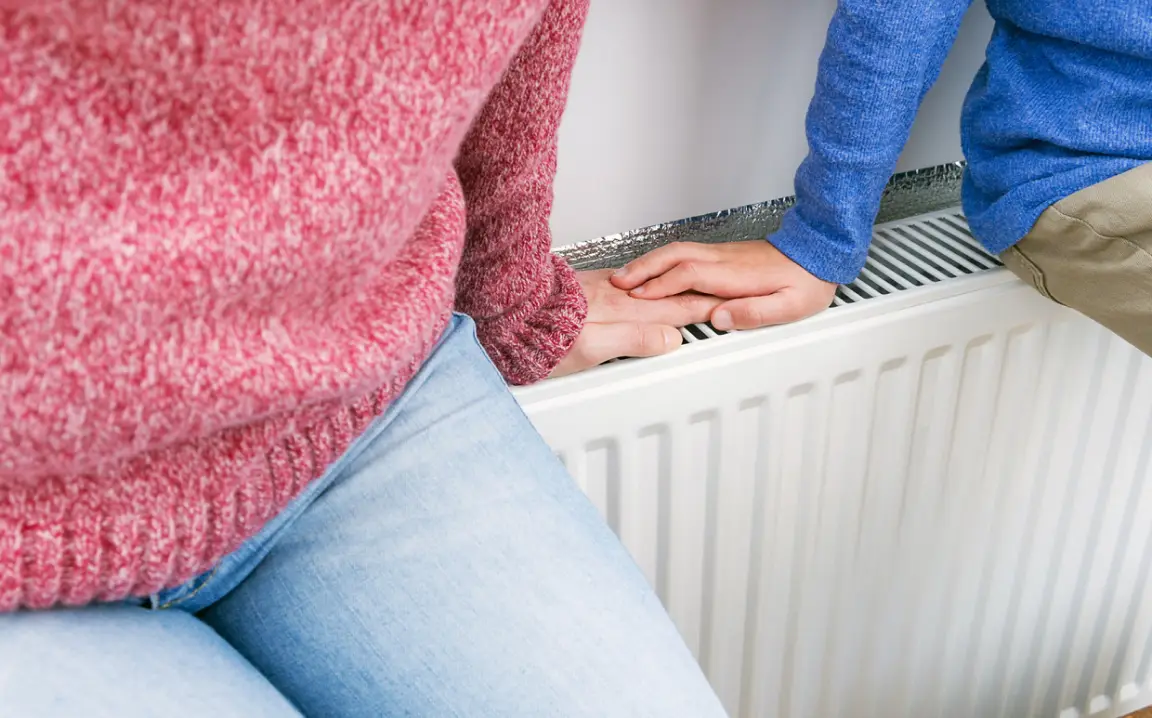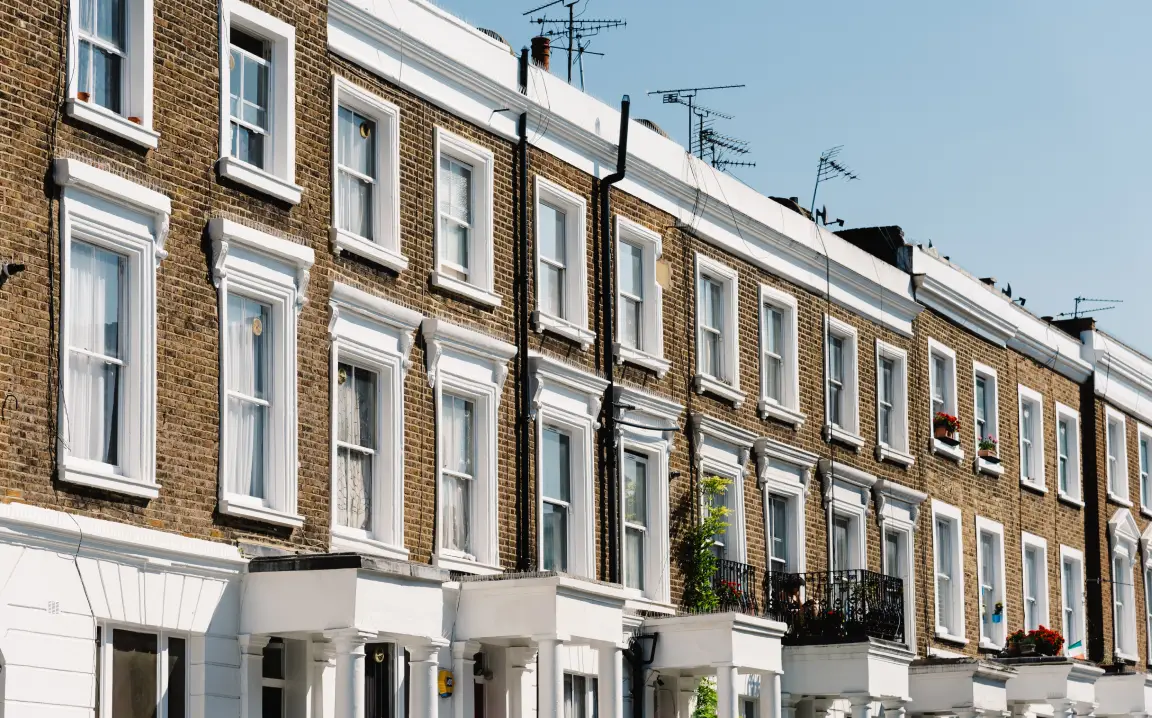Discover heat pumps
Find out more about what a heat pump is, how it works and why you should consider getting one.
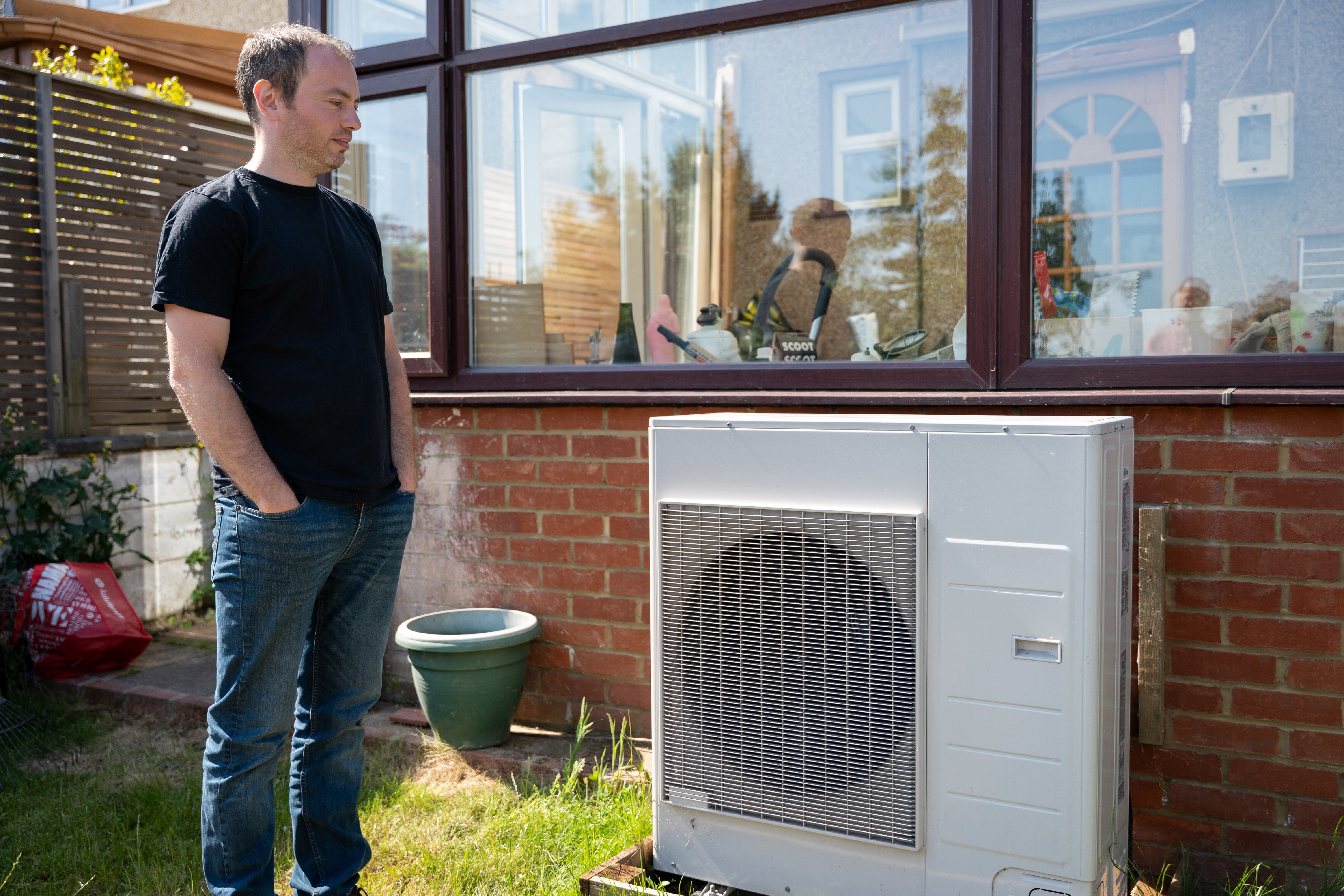
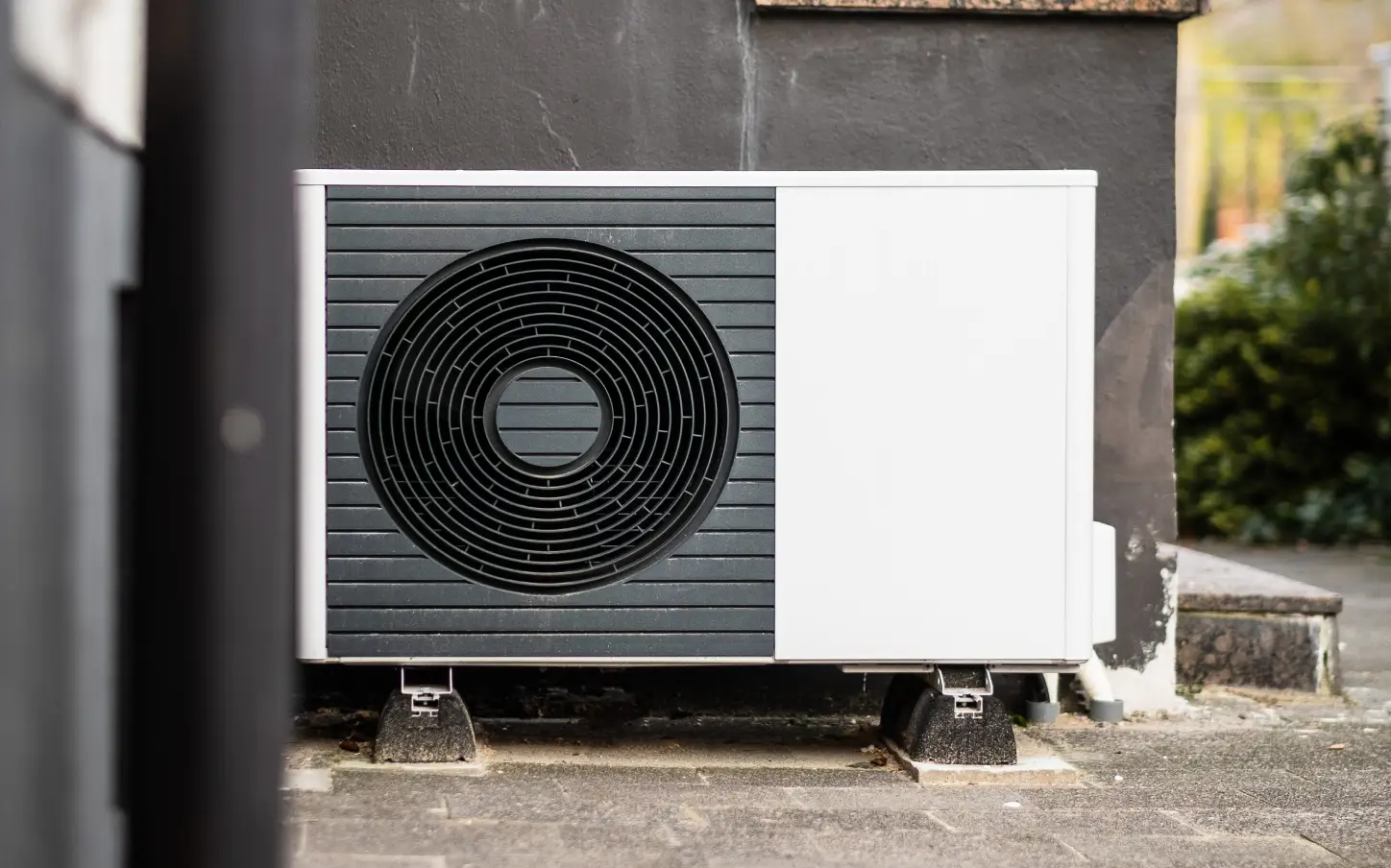
What is a heat pump?
Heat pumps are a greener replacement for the fossil fuel-powered heating systems that most people in the UK currently use to heat their homes.
They run on electricity and are three to four times more efficient than other heating systems, including other electric heating systems such as storage heaters, electric radiators and electric boilers. This means heat pumps use three to four times less energy than other heating systems, to create the same level of comfort in your home. Whether you’ll make a saving on running costs when switching to a heat pump will depend on which system you are switching from and the electricity tariffs available.
Heat pumps are already commonly used for home heating in many parts of Europe that are colder than the UK, such as Scandinavia, where a large proportion of all homes use a heat pump.
Heat pumps are also widely acknowledged as an important solution for addressing climate change. Driven by government emissions targets, they are set to replace gas and oil boilers in millions of UK homes as the nation shifts to renewable energy for heating.
How does a heat pump work?
Heat pumps use electricity to extract heat energy from outside your home and use it to heat water for your radiators and taps. Most draw heat from the air although some take it from the ground or a nearby body of water.
Although the temperature of the air, ground or water outside a property isn’t hot enough to heat the water flowing through your home’s system directly, heat pumps can increase this temperature using the same technology as air conditioning units.
Heat pumps use a refrigerant to absorb outside heat and compression technology to increase the temperature, which then heats the water flowing through your radiators and taps. This system allows heat pumps to work even on cold days, providing thermal comfort inside a property in temperatures as low as -20°C.
If you currently have a gas or oil boiler, using a heat pump will feel familiar, because your radiators and thermostat will still work in the same way. That said, with many heat pumps the temperature of the water going around the radiators may be slightly cooler, meaning it will take a little longer to heat rooms instead.
Some models, known as air-to-air heat pumps, function like air conditioners that also provide heating. These might be more suitable for smaller homes or homes without radiators.
Can I get a heat pump?
Which heat pump is best for me?
Financial support available
Every home is suitable, regardless of insulation levels
Why get a heat pump?
Cut your carbon footprint
Reduce your heating bills
Improve health outcomes
Future-proof your home
Easy access to grants
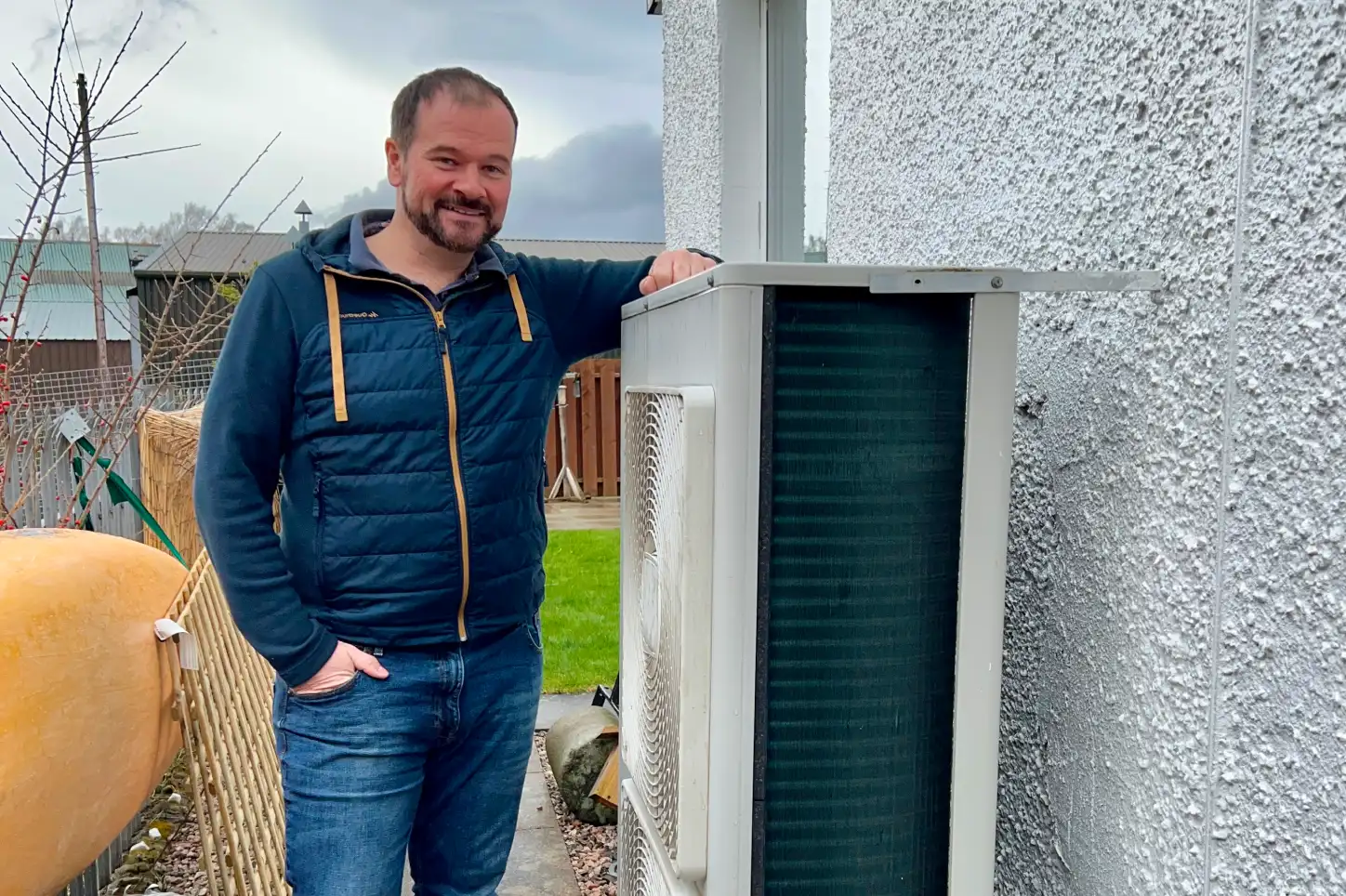
Living with a heat pump
Understanding how your heat pump works, taking advantage of smart tariffs, and integrating other green technologies are important considerations if you want to maximise the benefits of your heat pump, improve its efficiency, and extend its lifespan. Read our tips for how to get the best from your heat pump.

